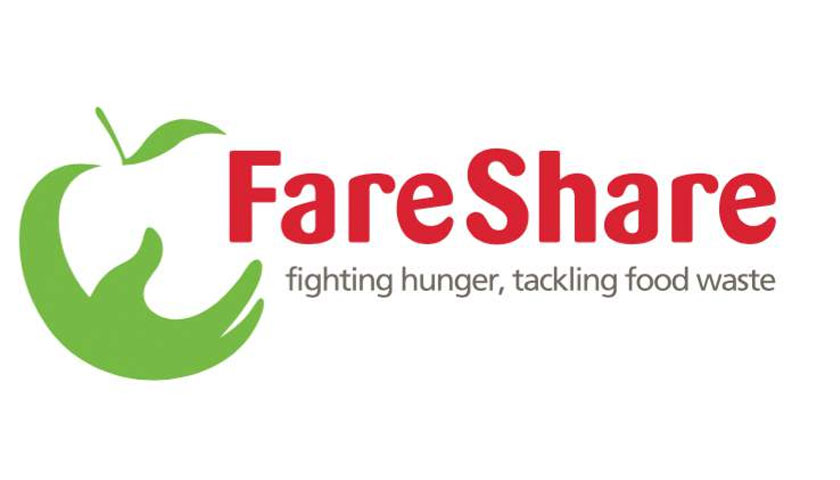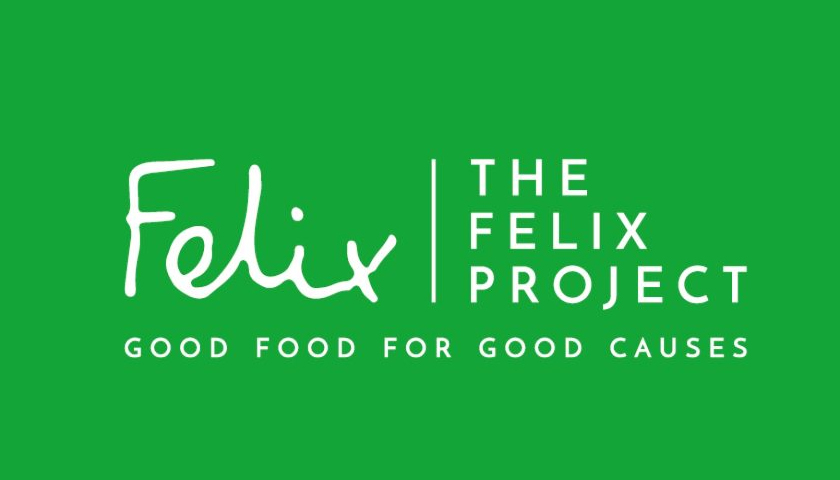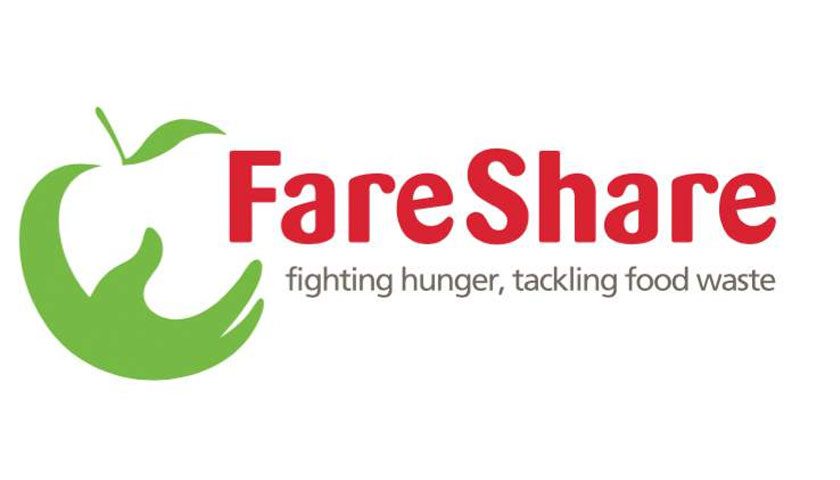By preventing good food from being wasted, FareShare’s work also prevents the waste of the greenhouse gas emissions and water used to produce, store, and transport that food.
An environmental impact assessment conducted by the Carbon Trust shows the positive environmental impact FareShare’s work has had in 2022/23:
- Over 95,000 tonnes of CO2e emissions and 124 billion litres of water prevented from waste.
- For every tonne of surplus food redistributed by FareShare, an average of 2 tonnes of CO2e and 2.66 million litres of water was prevented from waste.
- The amount of embedded CO2e FareShare saved from waste was 4.5 times greater than the CO2e emitted in running its operations.
The volumes of CO2e emissions and water prevented from waste per tonne of food have increased by 25% and 73%, respectively, since the last assessment by the Carbon Trust, which was based on 2019/20 data.
These results shed light on the vast environmental impact of the food system. Food production accounts for over 33% of human-made greenhouse gas emissions and 70% of all freshwater use, yet around the world over one-third of food made for human consumption goes to waste. If food waste were a country, it would be the third largest emitter of greenhouse gasses in the world.
In the UK alone, over 3 million tonnes of food – enough for 7 billion meals – goes to waste before it even reaches peoples’ homes. This wasted harvest accounts for up to 7% of the country’s greenhouse gas emissions.
This report highlights the scale of the problem of food waste, and shows surplus food redistribution to be a highly effective and impactful way to address it for people and the planet.
You can read more about FareShare’s impact, and find the full Carbon Trust report, here.


